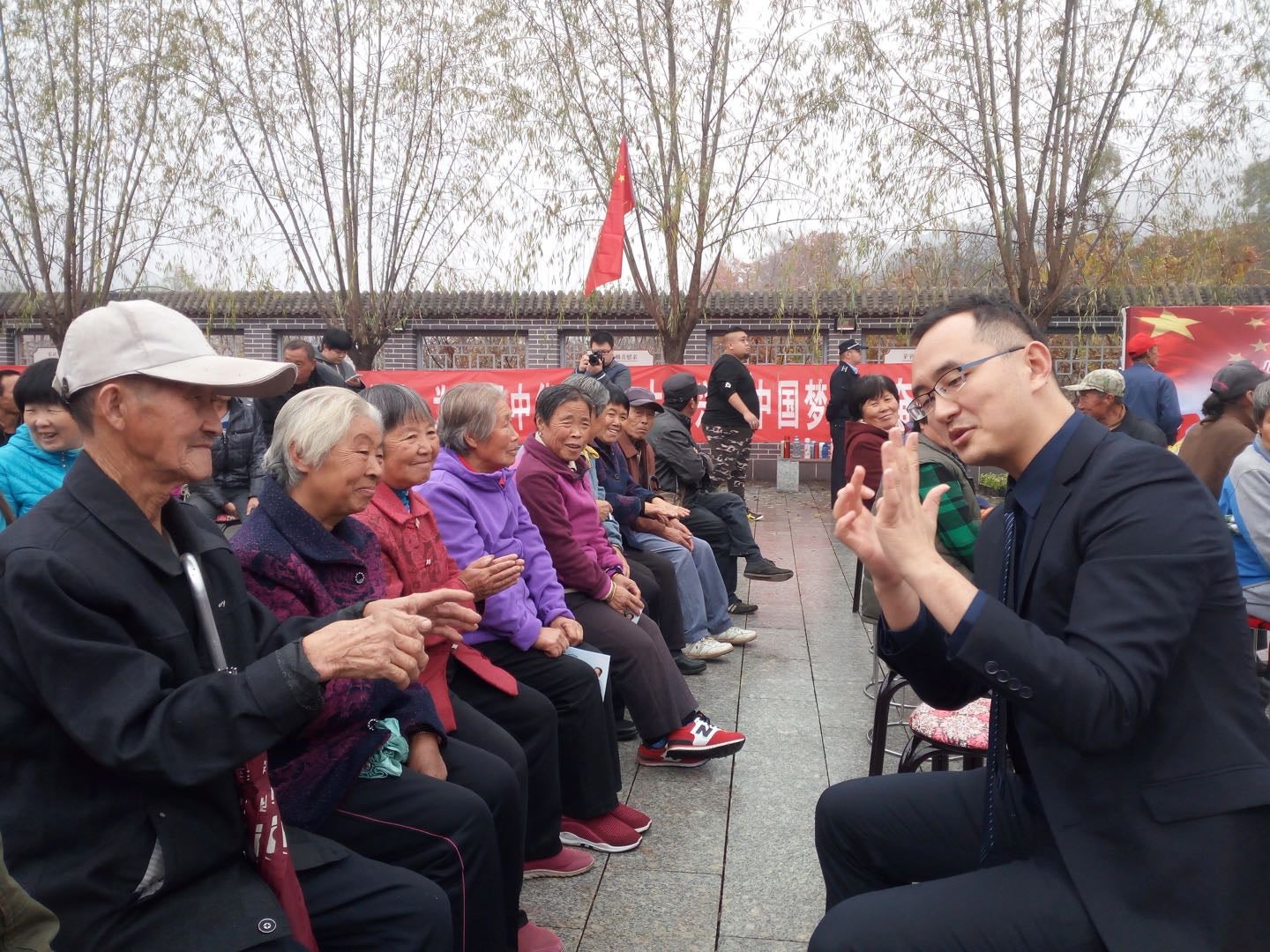China’s cashless economy threatens to leave its elderly—and their money—behind
With his cellphone in one hand, and two wooden meditation balls in the other, Zhang Siqi queued up alongside throngs of fellow retirees that make up the morning rush at a small Beijing grocery store. Zhang, a Beijing native, then opened the WeChat mobile pay tab on his phone and scanned it at the automatic register to pay for some fruit and a pack of cigarettes with a savviness that belied his age.


With his cellphone in one hand, and two wooden meditation balls in the other, Zhang Siqi queued up alongside throngs of fellow retirees that make up the morning rush at a small Beijing grocery store. Zhang, a Beijing native, then opened the WeChat mobile pay tab on his phone and scanned it at the automatic register to pay for some fruit and a pack of cigarettes with a savviness that belied his age.
That cutting-edge payment method is rapidly becoming so common in Beijing and other large cities that experts have begun referring to the Chinese capital as a prototype of the futuristic cashless society. In 2017, the country saw $15 trillion (paywall) in mobile payments, the Wall Street Journal reported, far outstripping the US. While Zhang has been using WeChat social media and mobile pay functions for a few years now, the 63-year-old knows not every Chinese senior citizen is equally adept.
“Some old people find it difficult to keep up with technology. Many retirees have poor eyesight, and struggle to see the screen, or have a poor memory and keep forgetting how to use the apps,” he said, pocketing his phone with his right hand, and rolling the wooden meditation balls with his left.
Those issues were brought into sharp focus recently by a viral video of an older Chinese patron in northern China arguing with the staff at the checkout of a supermarket in northern China over how to pay for a bag of grapes—the staff told him he needed to pay by app, but eventually relented and allowed him to pay by cash. A slew of viewers expressed sympathy for the demoralized customer, including consultant Matthew Brennan, who writes about China’s ever-evolving tech scene.
Such snafus are poised to become all the more common as China’s population of 1.3 billion ages. The population over 60 is expected to grow by 100 million between 2015 and 2030 to over 300 million, according to Feng Wang, a professor at Shanghai’s Fudan University. Feng wrote in a paper for the Brookings think tank that the change will “test the government’s ability to meet rising demands for benefits and services.”
While China’s central bank has pushed back this year on the rejection of cash, urging consumers to report it if their attempts to pay the old-fashioned way meet with resistance, the payment divide is likely to prove a challenge to the economy.
Writing in Foreign Policy, technology watcher Rui Zhong, of the Wilson Center’s Kissinger Institute on China and the United States, warned that, “Mobile payments are carving out lines between young and old, and between the prosperous urban middle class and those left behind by the boom times. Mismanaged moves to mobile payments by municipalities could also lock the elderly and the poor out of the consumption economy—just when the Chinese government needs as many spenders as possible.”
Daunting as those issues may seem, Jiaxin “Jason” Zhang sees no reason to despair. As the founder and CEO of the See Young volunteer service center, he’s been coordinating free classes for elderly students since 2011 to help them become more familiar with technology. His army of university student volunteers at See Young—a play on xiyang, or sunset, a term of endearment for China’s elders—gives lectures that outline basic tech concepts to roomfuls of retirees. From there, the volunteers move on to one-on-one or small group instruction that caters to individual needs.
The lessons vary from class to class, though most of the elder students are keen to learn similar skills like how to communicate via WeChat—about 50 million (paywall) of its one billion active monthly accounts belong to users aged between 55 and 70—in order to keep in touch with relatives. Other popular lessons include online shopping and online banking, along with recreational features like downloading music and playing simple video games. Another important lesson? Avoiding online scams.
“At first they may be scared or very shy to learn. But after trying our class they find the volunteers are very kind. So they open their hearts and learn very actively,” Jason Zhang says of his elderly students.
See Young enlists volunteers from 100 universities, mostly in Beijing, and those young teachers work with local officials to enter neighborhoods heavily occupied by retirees and offer classes at community centers. And See Young is not alone in providing such services.
Yin Jing Feng, the leader of the neighborhood committee in Hujialou, located in central Beijing, on Nov. 15 kicked off a new municipal program that will provide tech crash courses for retirees in her community. In addition to technology, she also aims to offer classes on other subjects like psychology and history to people who might have missed out on the pursuing such studies when they were young, saying: “Seniors deserve to have access to education, and to have a chance to pursue their interests.”

However, many Chinese citizens of a certain age can’t benefit from such measures. Li Suzhi, who recently moved to Beijing from the rural Inner Mongolian town of Moguqi, says she struggled with cashless pay when she first arrived, despite only being 45 years old, because “mobile pay isn’t very common in small towns in China. And most small towns definitely don’t have classes to help old people keep up with technology.”
Michael Phillips has spent years traversing that chasm between urban and rural China. The Canadian psychologist is based in Shanghai but spends much of his time counseling patients in China’s sparsely populated northwest. “Less than 10 percent of the people I deal with have ever used a computer,” he said, adding, “It will be quite awhile before the cashless economy penetrates rural China.”
But even as China’s technological leaps and bounds threaten to exclude swaths of its population, See Young’s Zhang remains optimistic. “The basic problem for the elderly isn’t technology. It’s a matter of warmth and patience,” he said, adding, “Hopefully our volunteers will return to their rural hometowns for the holidays, and teach their grandparents how to use technology.”